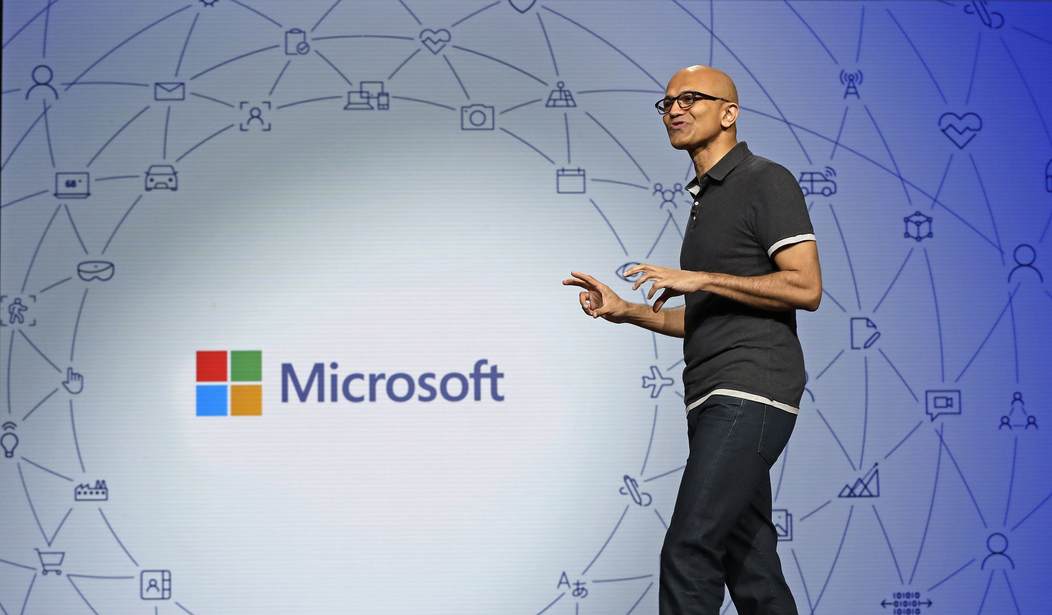As the Biden administration winds down and gives way to Donald Trump’s second term as president, the Federal Trade Commission (FTC) faces a crucial decision: whether to continue its scrutiny of tech giants, particularly Microsoft, in the wake of allegations of anticompetitive behavior.
Elon Musk has recently amended his lawsuit against OpenAI, the company behind the popular AI chatbot ChatGPT, to explicitly include Microsoft as a defendant, highlighting a complex web of financial and strategic partnerships that could undermine competition in the tech sector. According to a report by Cade Metz in the New York Times, Musk's lawsuit accuses OpenAI founders, Sam Altman and Greg Brockman, of abandoning their original mission to develop AI for the benefit of humanity in favor of commercial interests. Musk alleges Microsoft’s $13 billion investment catalyzed the founders’ change of direction.
This lawsuit isn't just about business ethics; it's about antitrust laws. Musk claims that through its partnership with Microsoft, OpenAI has been able to exchange "competitively sensitive information," harming competitors like his own AI venture, xAI. Furthermore, he accuses Microsoft and OpenAI board members of creating an environment that contravenes antitrust principles through their dual roles on both companies' boards, potentially allowing for the sharing of information that should be kept separate.
The FTC's current investigations into Microsoft, as reported by Gerrit De Vynck and Cat Zakrzewski in the Washington Post, are not merely bureaucratic exercises but are critical for maintaining market integrity. The agency is probing Microsoft's cloud software business for practices that might stifle competition, such as enforcing terms that lock customers into using its Azure services or penalizing them for attempting to shift to competitors. The European Union has already weighed in, accusing Microsoft of market abuse by bundling its Teams app with other business applications.
Moreover, there's an ongoing FTC investigation into whether Microsoft, along with other tech giants, maneuvered around antitrust laws through strategic investments in AI companies like OpenAI, suggesting a pattern of behavior that seeks to control rather than compete in the marketplace.
And there is yet another, separate concern other U.S. regulators should consider and address: Ongoing questions about Microsoft’s commitment to cybersecurity. Under Microsoft’s arrangement, the company will serve as the exclusive cloud vendor for OpenAI. Journalist Elizabeth Montalbano wrote in July, “OpenAI models are still accessible through Microsoft Azure’s cloud in China despite the fact that the company has banned the use of these models in the region.” Microsoft has been criticized by the U.S. government for failing to protect data from Chinese state-sponsored hackers.
Under the incoming Trump administration, where antitrust policies lean toward deregulation and consumer benefit in terms of price, it's imperative that the FTC does not let up on its oversight of Microsoft. The tech giant's practices, as illuminated by Musk's legal actions and international scrutiny, are too significant to be overlooked.
Musk's involvement in this saga adds a layer of political intrigue, given his relationship with Trump and his control of a political apparatus. His accusations, therefore, carry a weight that could resonate with a Trump-led administration, potentially influencing policy or at least ensuring these issues remain on the regulatory radar. The public good, as Musk argued in his lawsuit, should not be subverted by corporate profit motives, especially when market dominance is at stake.
As we transition to new leadership, the FTC must not view these investigations as the final actions of a departing administration but as ongoing responsibilities. The tech landscape, particularly in sectors like AI and cloud computing, is too pivotal to the future of innovation, privacy, and economic competition to be left unmonitored. If the FTC backs down now, it might allow Microsoft to solidify its position in ways detrimental to new market entrants and, ultimately, to the consumer.
The FTC should maintain its vigilance, using the insights from Musk's lawsuit and international regulatory actions as a guide to ensure that Microsoft's practices are aligned with both the letter and the spirit of antitrust laws. The integrity of the market, the promise of AI for public benefit, and the future of technological innovation depend on it.









Join the conversation as a VIP Member